Table Of Content
This traditional tool allows you to search for scholarly articles, theses, books, abstracts, court opinions, and more, from academic publishers, professional societies, online repositories, universities, and other websites.
How to Use google scholar?
You can search into Google Scholar by simply entering keywords, authors, or titles in the search bar. The platform provides filters to narrow down results by year, author, and so on. You can also set up alerts for your research topics, ensuring you stay updated with the latest publications.
On the flip side you can also register as a professor or an AI expert, it’s a 3 step process, here how it looks like when you fill the form:
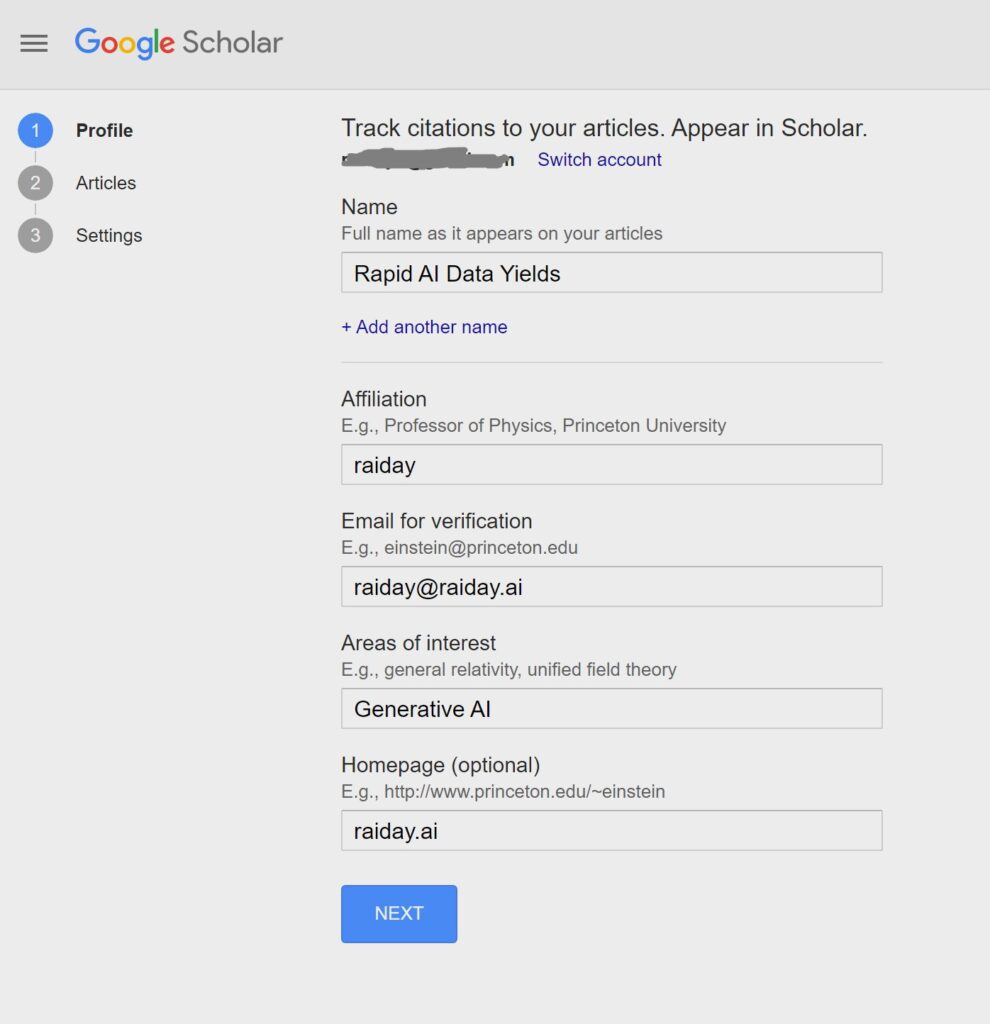
Pros
- Comprehensive: Aggregates a vast range of academic materials from various sources.
- Accessible: Free to use, making scholarly information more accessible to everyone.
- User-Friendly: Simple and intuitive interface.
Cons
- Non-Exhaustive: May miss some sources due to the nature of web crawling.
- Limited Personalization: Offers less customization compared to specialized databases.
What can we find in google scholar about AI?
I tried to search for it and this is what I found in terms of ai citations classic papers:
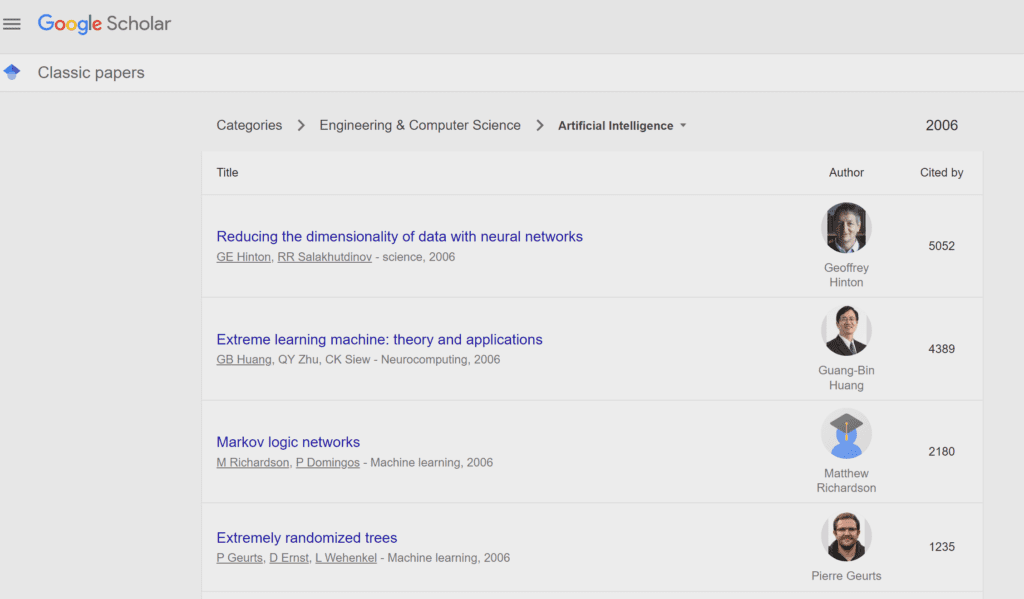
And for artificial intelligence profiles:
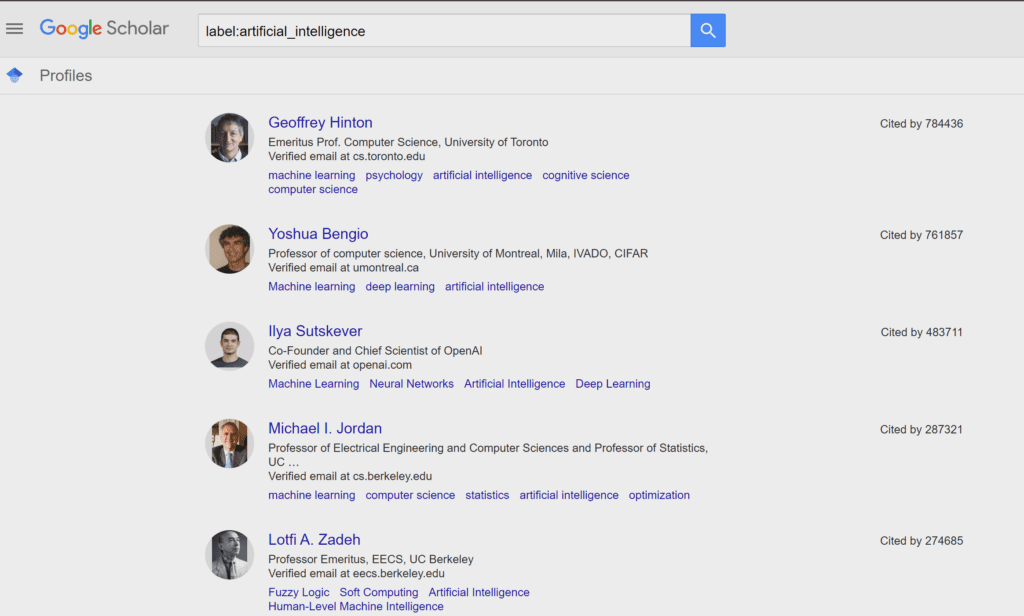
Pricing
Google Scholar is completely free.
Use Cases
- Academic Research: For scholars looking for a broad array of academic papers on specific topics.
- Legal Research: Offers access to a wide range of legal opinions and journals.
- Literature Review: Ideal for conducting comprehensive literature reviews across various fields.
FAQs
- Is Google Scholar reliable?
Yes, it indexes work from reputable sources. However, you should still evaluate the credibility of individual documents. - Can I access full texts through Google Scholar?
It provides links to full texts when available for free or through your institution’s subscriptions. - How does Google Scholar differ from other academic databases?
It’s broader and more inclusive, though it might not offer the depth of subject-specific databases.



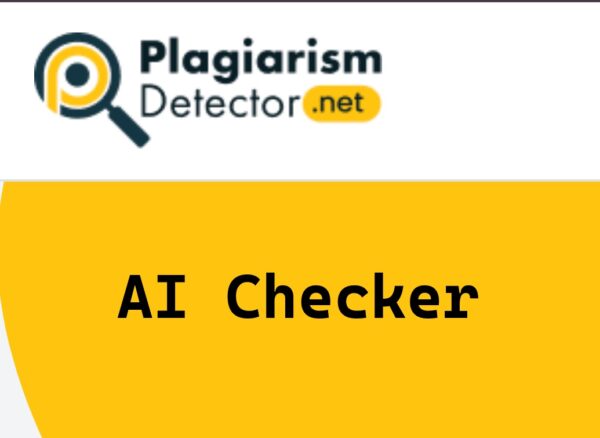


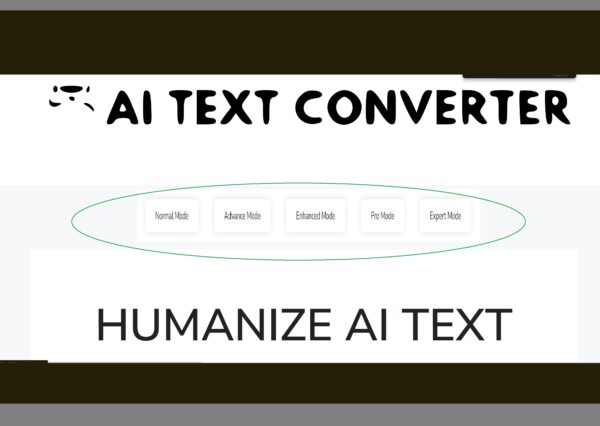


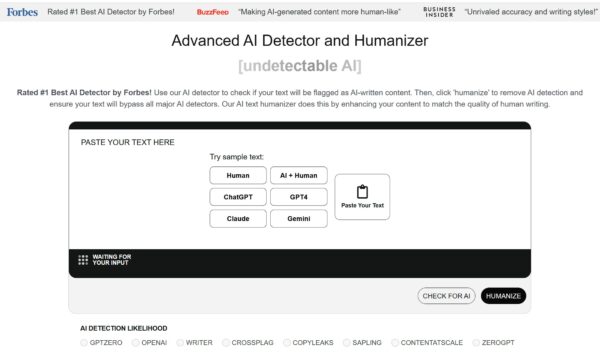


Leave a Reply
You must be logged in to post a comment.